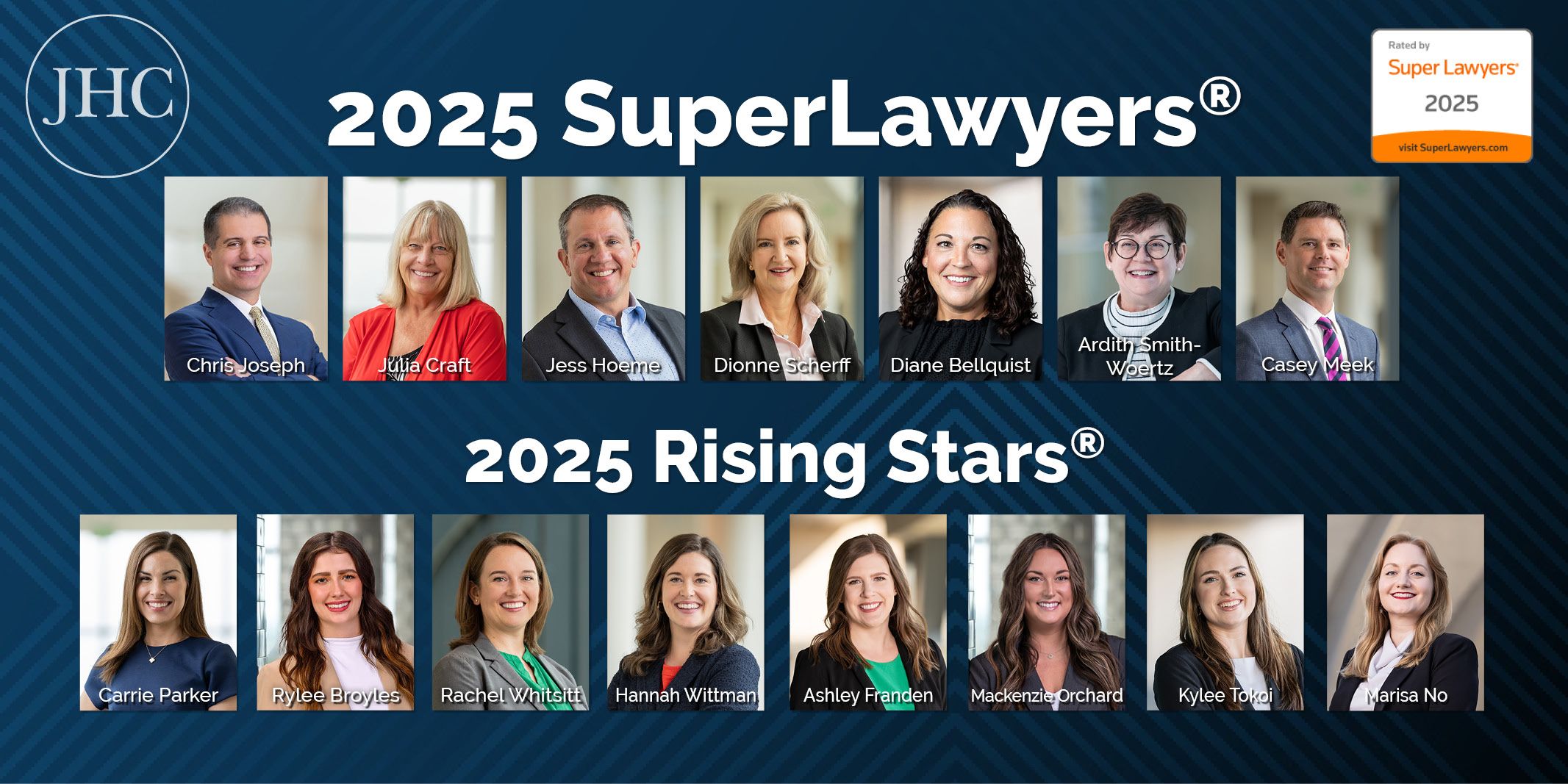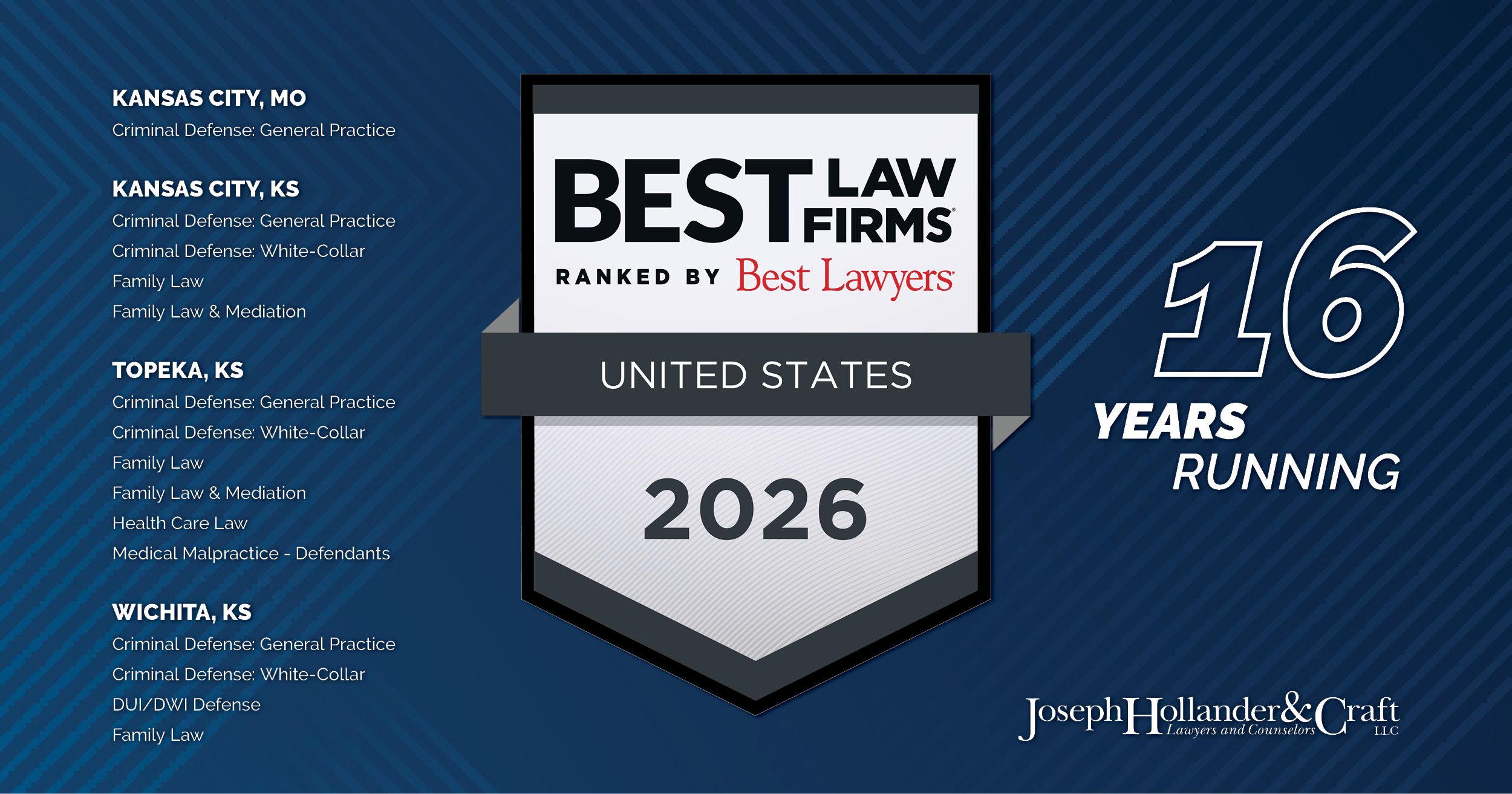Dear Colleagues,
In this month’s edition of the Legal Ethics & Malpractice Reporter, you will find:
- Featured Topic: Personal Relationships & Professional Responsibility
- New Authority: ABA Formal Opinion 494: Conflicts Arising Out of Personal Relationships with Opposing Counsel
- Tech Tip: Email Safety Tips
- Ethics & Malpractice Research Tip: Law Libraries: Still a Best Resource
- A Blast from the Past: An Excerpt from Opinions of Lord Brougham
Register Here: Be sure to mark your calendar for the next ethics CLE scheduled for Thursday, December 3, 2020 at noon. Please click here to register for the one-hour webinar, Personal Relationships and the Rules of Professional Conduct & New ABA Formal Opinion 494. One hour of Ethics CLE credit is pending in both Kansas and Missouri.
If you do not wish to receive these monthly email notices, you may unsubscribe by clicking the link at the bottom of this email.
Featured Topic: Personal Relationships & Professional Responsibility
In some respects, one might say that one type of personal relationship is at the heart of the Model Rules of Professional Responsibility: the fiduciary relationship between the lawyer and her client. But the fiduciary relationship is a relationship entered into within what we would normally call a business context, one in which the lawyer performs a professional service for which she is compensated. Generally, when we speak of personal relationships, we mean relationships that are not based upon compensation but, instead, a familial or emotional bond. Several of the provisions in the Model Rules either directly or indirectly deal with this genre of personal relationship.The first Rule that explicitly deals with personal relationships is Rule 1.8 (c):
A lawyer shall not solicit any substantial gift from a client, including a testamentary gift, or prepare on behalf of a client an instrument giving the lawyer or a person related to the lawyer any substantial gift unless the lawyer or other recipient of the gift is related to the client. For purposes of this paragraph, related persons include a spouse, child, grandchild, parent, grandparent or other relative or individual with whom the lawyer or the client maintains a close, familial relationship.
This rule prohibits a lawyer from soliciting a “substantial gift” from a client unless the lawyer is a “related person,” i.e. related by a family bond. Interestingly, the Rule explicitly permits a solicitation by a lawyer who is within two “degrees” (i.e., parent or grandparent, spouse, child or grandchild) and then goes on to include a lawyer who “maintains a close familial relationship” within this group. Neither the Rule nor the Comments to the Rule define the phrase “maintains a close relationship to the client.” But one can easily imagine a situation in which a client employs his favorite niece as his legal counsel and that the two have a close relationship wholly apart from that of a lawyer-client. In such a case, it might well be reasonable for the favorite niece to ask her uncle for a gift, and the Rule appropriately would not bar this. However, as stated in the Rule, a lawyer who falls within this category of maintaining a close familial relationship with a client will be required, if challenged, to prove the nature of the relationship. This could be a difficult and costly requirement to the lawyer, particularly if there is family discord.
The next provision that directly mentions personal relationships is Rule 1.8 (i):
A lawyer related to another lawyer as parent, child, sibling or spouse shall not represent a client in a representation directly adverse to a person who the lawyer knows is represented by the other lawyer except upon consent by the client after consultation regarding the relationship.
This Rule prohibits, on conflict of interest principles, two lawyers within a single familial degree (parent, child, sibling or spouse) from representing directly adverse parties without client consultation and consent. There is no Comment to this Rule. Presumably, this rule is a specific subrule of Rule 1.7(a)(2), which deals with conflicts caused by material limitations on a lawyer’ ability to competently represent a client. The point is: conflicts arise when there is either a danger that a lawyer’s actions would cause a client to question her loyalty or when the lawyer’s actions create a possibility of putting the lawyer’s obligation to maintain client confidences at risk. When two lawyers representing directly adverse parties are closely related, there is always the possibility that a client may fear that her lawyer’s loyalty to her may be compromised by the close family relationship. Similarly, a client might also fear that the lawyers might exchange confidential information because of their close relationship. Hence, imposing conflict of interest rules in this situation makes sense.
What may be questioned is why Rule 1.8(i) is narrower than 1.8(c). Why does it not contain the same additional provision as Rule 1.8(c) that extends to lawyers who do not fit within a single degree of family relationship but nevertheless “maintain a close family relationship.” Is there less danger that a grandfather and granddaughter representing directly adverse parties might have a conflict than exists with a father and daughter representing opposing sides?
Rule 1.8(k) deals with what most would say is the most intimate of all personal relationships. It states:
A lawyer shall not have sexual relations with a client unless a consensual sexual relationship existed between them when the client-lawyer relationship commenced.
Comments 17 and 18 explain the reasoning behind this prohibition quite clearly:
[17] The relationship between lawyer and client is a fiduciary one in which the lawyer occupies the highest position of trust and confidence. The relationship is almost always unequal; thus, a sexual relationship between lawyer and client can involve unfair exploitation of the lawyer’s fiduciary role, in violation of the lawyer’s basic ethical obligation not to use the trust of the client to the client’s disadvantage. In addition, such a relationship presents a significant danger that, because of the lawyer’s emotional involvement, the lawyer will be unable to represent the client without impairment of the exercise of independent professional judgment. Moreover, a blurred line between the professional and personal relationships may make it difficult to predict to what extent client confidences will be protected by the attorney-client evidentiary privilege, since client confidences are protected by privilege only when they are imparted in the context of the client-lawyer relationship. Because of the significant danger of harm to client interests and because the client’s own emotional involvement renders it unlikely that the client could give adequate informed consent, this Rule prohibits the lawyer from having sexual relations with a client regardless of whether the relationship is consensual and regardless of the absence of prejudice to the client.
[18] Sexual relationships that predate the client-lawyer relationship are not prohibited. Issues relating to the exploitation of the fiduciary relationship and client dependency are diminished when the sexual relationship existed prior to the commencement of the client-lawyer relationship. However, before proceeding with the representation in these circumstances, the lawyer should consider whether the lawyer’s ability to represent the client will be materially limited by the relationship. See Rule 1.7(a)(2).
But one final misconception is worth debunking. A number of lawyers believe that, if a lawyer has sex with a client and they then get married, Rule 1.8(k) does not apply. They are mistaken. It may simply result in delayed disciplinary action for a violation. Not all marriages last nor are all divorces amicable. The last thing a lawyer wants raised in the midst of an acrimonious divorce is a disciplinary charge for violating Rule 1.8(k).
Personal relationships are also relevant to Rule 3.4(f), which addresses the relationship between the client and potential witnesses. Rule 3.4(f) states that a “lawyer shall not”:
request a person other than a client to refrain from voluntarily giving relevant information to another party unless: (1) the person is a relative or an employee or other agent of a client; and (2) the lawyer reasonably believes that the person’s interests will not be adversely affected by refraining from giving such information.
Here, there is no specification of the degree of relation between the client and the potential witness. Presumably any familial relationship will suffice to qualify under this Rule.
Finally, Rule 7.3(a) explicitly refers to personal relationships:
A lawyer shall not by in-person, live telephone or real-time electronic contact solicit professional employment when a significant motive for the lawyer’s doing so is the lawyer’s pecuniary gain, unless the person contacted: (1) is a lawyer; or (2) has a family, close personal, or prior professional relationship with the lawyer.
The purpose of Rule 7.3(a) is described in Comment 2:
There is a potential for abuse when a solicitation involves direct in-person, live telephone or real-time electronic contact by a lawyer with someone known to need legal services. These forms of contact subject a person to the private importuning of the trained advocate in a direct interpersonal encounter. The person, who may already feel overwhelmed by the circumstances giving rise to the need for legal services, may find it difficult fully to evaluate all available alternatives with reasoned judgment and appropriate self-interest in the face of the lawyer’s presence and insistence upon being retained immediately. The situation is fraught with the possibility of undue influence, intimidation, and over-reaching.
Presumably, the exception to the general rule of 7.3(a) for family, close friends, or former clients is that individuals who fall into these categories know the lawyer well and will not be “overwhelmed” by a solicitation. Again, however, it is interesting that the Rule does not specify degrees of familial relationship nor what is meant by a “close personal relationship.” Would a distant cousin be any less in danger of being overwhelmed than a complete stranger? It is possible that the broad exception in the rule is simply the product of the drafters’ hesitation to interfere in family relationships or speculate as to what degree of relationship would be likely to cause problems. Unlike Rule 1.8(c), for example, where one might reasonably assume that close relations between individuals within two familial degrees of each other would be problematic for conflicts purposes, what degree of relationship would be too remote to be free from the potential of lawyer overreaching would just be too difficult to determine as a general rule.
Although the rules discussed above all make explicit reference to personal relationships, Rule 1.7(a)(2) does not. Nevertheless, when determining whether a lawyer may be materially limited in his ability to competently represent a client because of personal interests, relationships may well play a critical role. As a result, the American Bar Association Committee on Ethics and Professional responsibility recently issued Formal Opinion 494 to bring clarity to this issue. Whether it achieves this purpose, we discuss in the adjoining column on “New Authority.”












